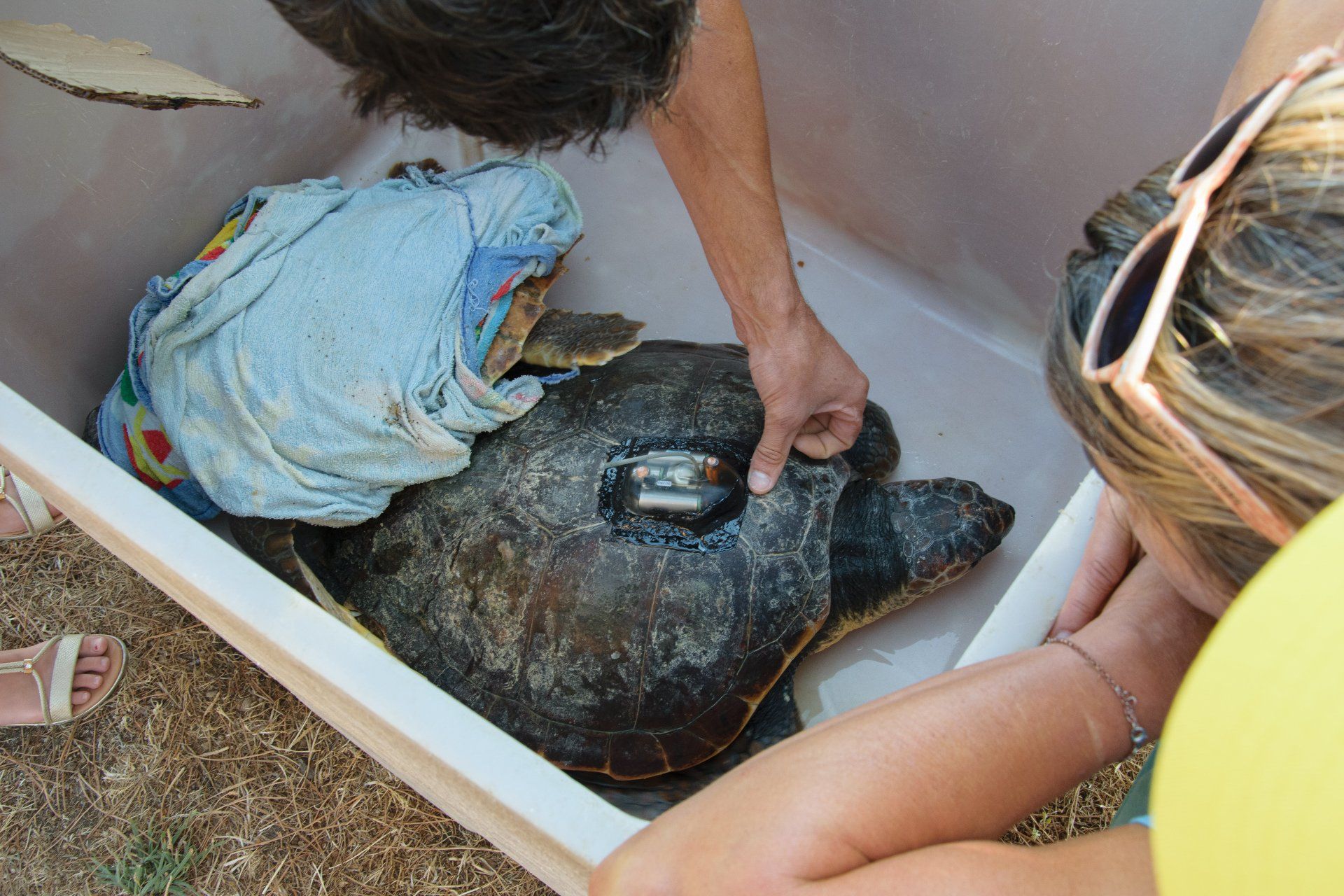WASTE STUDIES

The study of the impact of waste on sea turtles:
In application of the Marine Strategy Framework Directive (MSFD) considers marine turtles as indicator species for waste at sea, CESTMed participates in the collection of information (recovery of turtle faeces, transit time study, bibliographic studies , etc.) aiming to define an Ecological Quality Objective (EcoQo) for marine litter.

Satellite monitoring of sea turtles via the installation of Argos beacons
Since 2005, CESTMed has been equipping sea turtles with Argos beacons. This process makes it possible to follow the movements of the animals in real time with an accuracy of the order of a kilometer. This work provides data on:

Contribution to the establishment of a participatory science program for sea turtle observations:
CESTMed is now working in close collaboration with the Souffleurs d'Ecume association on the integration of sea turtles into the REPCET smartphone application (a system allowing equipped vessels to communicate with each other in real time on the positions of cetaceans observed in order to limit the risk of collision).

Collection of marine turtle faeces in the natural environment:
Dogs have so far been trained in spotting marine animal faeces for conservation purposes. Used on species such as killer whales (Orcinus orca) in British Columbia or North Atlantic right whales (Eubalaena galcialis), this non-invasive technique facilitates the collection of animal excrement and allows to obtain numerous and valuable information on the latter (distribution, diet, stress level, genetics, contamination level, etc.).



